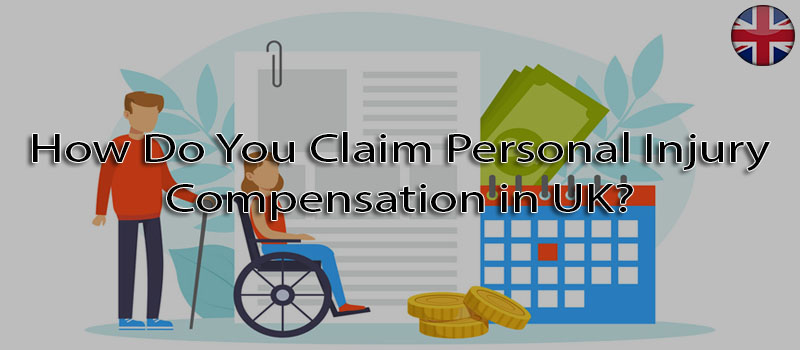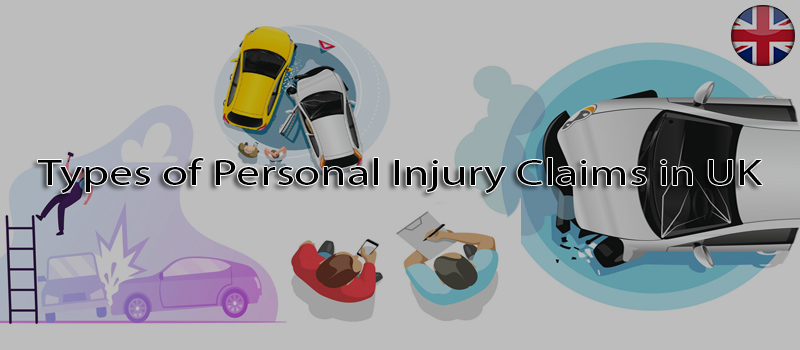
In legal terms, personal injury is used in describing mental or physical harm to your person instead of your property. Individuals will be able to claim compensation if there is an injury from an accident which wasn’t their fault. It is called a personal injury claim.
How do you claim compensation?
More than three million individuals suffer injuries from accidents every year. It could either be in their car, home, outdoors, or at work.
In many situations, someone else is the reason for this, and victims of accidents have a right to compensation.
Although personal injury law is complex, with the assistance of a personal injury lawyer, the process of making a claim can be direct.
Many lawyers do not charge for the initial consultation and will inform you if your claim is justifiable. You can find a good lawyer here.
A solicitor will also be beside you when dealing with insurance companies to ensure your circumstances are entirely considered.
Going to court for your personal injury claim
If you cannot settle for a fair amount out-of-court, your solicitor will advise you on whether you should start legal action.
If you decide to take the matter to court, your case will pass to a judge. The court will let you know your hearing’s date, and your solicitor will tell you about any preparations you need to make.
The thought of going to court may be daunting, but it is important to remember that by this stage, your solicitor will have prepared your case in detail and will have explained to you exactly what to expect.
However, you can expect this to include the need to give evidence and be cross-examined at trial.
Then it’s just a question of waiting to hear the judgment and finding out if you have won and had award what you were claiming.
Cost
Charges can vary between solicitors according to the complexity of your case, the method of funding, and the solicitor’s experience.
You may decide to compare a few different firms’ charges before you choose which one to use.
Disbursements
Your solicitor may ask you to pay their expenses to support your case as it progresses (for example, the cost of medical evidence). These expenses are known as ‘disbursements.’
There is no longer any legal aid for personal injury cases in England and Wales. But if your case is successful, the defendant should pay most of your necessary legal costs.
However, if your solicitor acts for you under a ‘no-win, no-fee agreement, you will be liable to pay the solicitor’s ‘success fee’ (capped at 25 percent of the specified damages) as this is not recoverable from the other side (the defendant).
You may also be liable for unrecoverable disbursements or a shortfall in recovered costs.
The question is: what if you lose?
Most personal injury claims are now covered by Qualified One-Way Cost Shifting (QOCS). This means that you will not have to pay the other side’s costs even if you lose.
However, there are some circumstances where QOCS can be disapplied.
There are several options available to make sure that you can cover your costs if this happens.
Your solicitor will explain all the options to you and advise whether you may have to pay any of the other side’s or your own solicitor’s costs.

